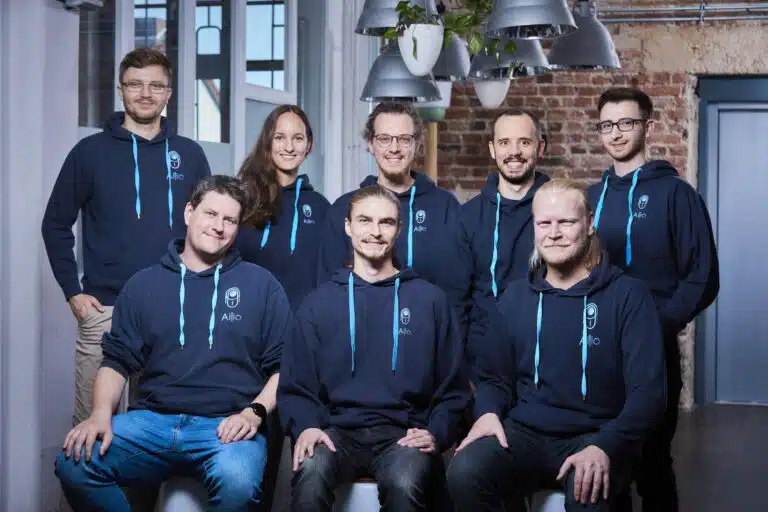One year with MLflow 2.0 and MLflow Recipes: progress and innovation at Databricks
One year after the launch of MLflow 2.0 with MLflow Recipes, Databricks’ offering has established itself as an influential development in the world of machine learning. Originally unveiled in December 2022, Databricks, known for its Apache Spark-based Delta Lake platform, has significantly expanded its technology and made its advances available to the Linux Foundation. The main innovations include MLflow Pipelines and MLflow Recipes, which serve as templates for automated machine learning projects.
The evolution of Databricks technology: Delta Lake 2.0 and cloud integration
Databricks’ “Delta Lake 2.0” lakehouse architecture, described by CEO Ali Ghodsi, provides a high-performance analytics platform that can handle both structured and unstructured data in any deployment model, from on-premises to multi-cloud environments. Integration with public cloud services such as AWS S3 has deepened further.
MLflow as the de facto standard in MLOps: downloads and managed services
MLflow, with 13 million downloads per month, has established itself as the standard for MLOps. MLflow also offers maximum reliability and scalability as a managed service, integrated into the Databricks Machine Learning Runtime, the Databricks Feature Store and Serverless Real-Time Inference.
Accelerating ML model development: the importance of MLflow recipes
The enhancements of MLflow 2.0, especially MLflow Recipes, have accelerated the development of machine learning models. With predefined solution recipes, ML experts can quickly get to work, iterate more efficiently with the Recipes execution engine and more easily move robust models into production. New features include AutoML, hyperparameter tuning and improved data profiling.
AutoML and MLflow: automation and efficiency in the machine learning landscape
AutoML automatically identifies appropriate models for specific ML tasks and supports data scientists with performance metrics and parameters for more in-depth tuning and iteration. All results are recorded in Machine Learning Flow Tracking to create reproducible references.
Improved user experience and productivity through MLflow core enhancements
The usability of the MLflow core has been improved based on user feedback to increase the productivity of data scientists. Each MLflow run is given a unique name, which makes it easier to identify the best results. Advanced search filters in MLflow make it easier to search for runs and experiments.
New dimensions in TensorFlow and Keras integration with MLflow 2.0
The revised integration with TensorFlow and Keras in MLflow 2.0 provides a standardized interface for logging and scoring. The mlflow.evaluate() API generates performance reports and explainability for each model created with MLflow.
Practical application of MLflow at Mercedes: increasing efficiency in vehicle diagnostics
A practical example of the application of MLflow is Mercedes, which has reduced vehicle fault analysis from days to hours. The technology is part of the MO360 Data Platform, a collaboration with Microsoft, and offers digital services such as optimized route predictions for e-charging stations.
Do you want to address these issues?
Ailio GmbH is a Bielefeld-based service provider specializing in data science and artificial intelligence. We advise in both areas and unleash the potential of data that is currently lying fallow in German SMEs. In doing so, we take a cost-optimizing and risk-minimizing approach. If you are interested, please contact us directly!
Plan an innovation project with us!







